Life after CVHS: Jessica and Jahrel’s journey at Ivy Leagues
By Nicki Anahita and Sasha Cabral|January 25, 2023
Photo courtesy of Jessica Lin (left) and Jahrel Noble (right)
Jessica Lin (left) toughing out the cold weather in Pennsylvania and Jahrel Noble (right) after a Yale-Harvard football game
This story is a continuation of Upstream’s coverage on CVHS’s Class of 2022 valedictorian Jessica Lin and salutatorian Jahrel Noble. The story can be read here.
Jessica Lin’s Story
Jahrel Noble’s Story
“When I first walked into my first lecture hall and had my first class. That was a moment. I don’t really know what I was feeling. It was probably just like a sense of surrealness, because college is a big moment,” CVHS alumni and former valedictorian Jessica Lin said.
She is now a student at the University of Pennsylvania (UPenn), and though she had been preparing for this moment her entire academic career, all feelings escaped her. All she knew was that this moment would define the rest of her life.
“Oh boy, I’m in college now… I don’t really know what I was feeling… but I don’t think I had any real emotions attached to it,” Lin recounted.
Lin applied to UPenn as a biology major with a goal to minor in creative writing. However, over the summer, she realized that biology wasn’t the correct path for her and is now double majoring in neuroscience and English.
“I’ve always been good at bio, but I never really liked the cell stuff, and so I was like, ‘Well, neuro seems cool because I am also kind of interested in psychology, so neuroscience seems like a good blend.’ And I was going to minor in creative writing, but then I was like, ‘It’s not that many more classes to get a major,’ so I felt like it would be cool to have an English major as well,” Lin said.
Lin is currently on the path to becoming a doctor and is on the right track to get there. However, none of the details are set in stone.
“I want to go to med school, so [I’m just doing] that classic pre-med stuff. As of right now, I want to work in pain management, maybe,” Lin said.
Academics don’t consume everything Lin does. Having a life outside of schooling is important to her, believing that making friends and participating in extracurricular activities is a vital part to the college experience.
“I’m on Quaker Girls, which is a dance team that performs at sports games. So, we’ve done football, and we’re doing basketball right now, so if there’s a basketball game at UPenn, then we perform,” Lin said.
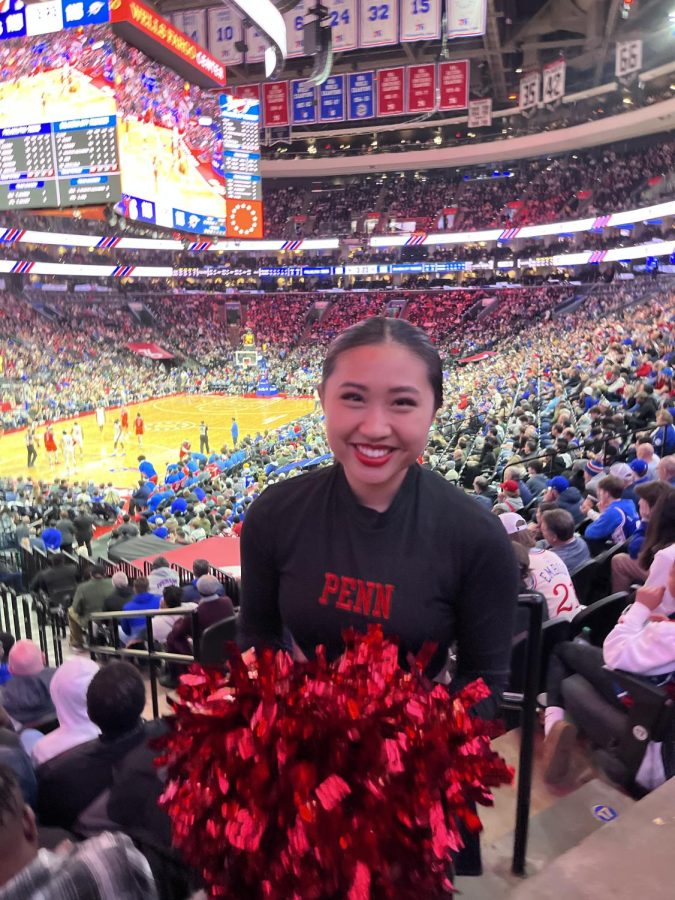
Outside of Lin’s participation in Quaker Girls, she does not do very much in terms of partying or going out on weekends. Unlike most in her position, she doesn’t blame studying or school for not doing such; she simply does not have a large desire to at the moment.
“UPenn is like the ‘social ivy,’ but I personally do not enjoy that. I have occasionally, but that is not what my typical weekend looks like. I don’t do as much work as I should,” Lin said.
Lin sings its praises with their public transportation, despite many in the area not enjoying it as much as she does.
“I like that public transportation exists [in Philadelphia]. I mean, yeah, Houston has Metro, but it’s [not very good]. I know people rag on Philly’s public transportation, but there’s a subway, there’s trolleys, there’s a bus system, and yeah, it’s kind of gross, but also it allows you to get to places, especially since most students at UPenn don’t have a car, so it’s really nice,” Lin said.
Public transportation isn’t the only thing that Lin appreciates more than those around her. She, unlike many of her peers at UPenn, actually enjoys her dining hall’s food due to its convenience and variety. Unfortunately, this stance has polarized her in the classroom.
“I love my dining hall’s food, but in my writing seminar, we had to give hot takes, because we’re learning about writing op-eds. So, I gave the hot take that my favorite dining hall is my dorm-site hall, and everybody hated on me for that. I think the general consensus about UPenn’s food is that it’s not the best; it’s average… In general, there’s not anything that’s amazing, but I’m a happy camper,” Lin remarked.
Lin has found comfort in her dorm building, often spending her weekends hanging out in its pool room with her friends. She appreciates the comradery that comes with spending intimate moments with close friends, rather than going out and partying with strangers.
“I’d go [to the pool room] literally every night with my friends, and I didn’t know how to play pool going into college. I’m still very bad at it, but it was fun. We would blast Taylor Swift, and it just felt very college to me, I guess. And I guess we were doing that while other people were out partying and stuff. But for me, it was a nice way to kind of destress, and I met new people there too, because sometimes, there’s other people playing pool, and you could just play pool with them,” Lin explained.
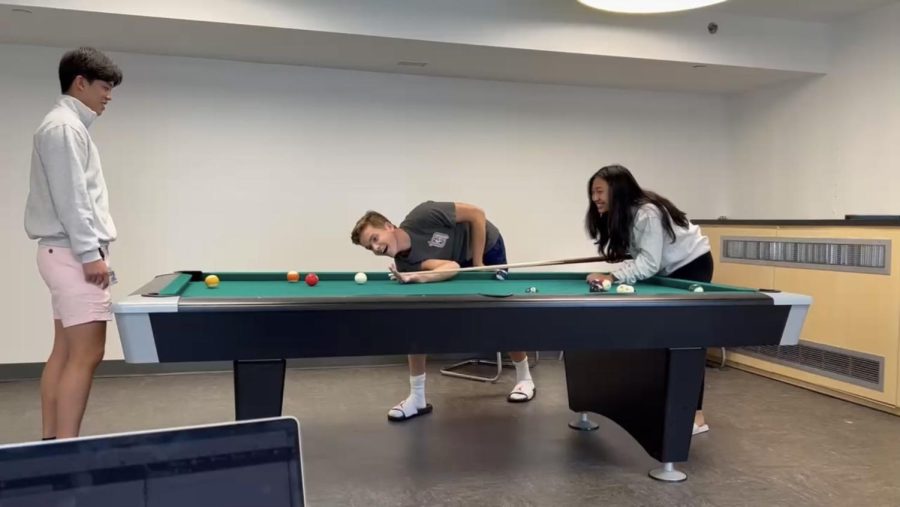
Lin’s time at CVHS thoroughly prepared her for her college experience, with a few of her APs even transferred over as college credit. She believes that the course load is similar, but she also has more free time in college to be able to study.
“I haven’t had to do a whole lot of trial and error [in taking exams], but I guess it’s hard to tell until you’ve taken your first set of college exams [to see] how you are. I think most people at Carnegie are decently well equipped,” Lin said.
Nobody ever truly knows what they’re doing in the moment until it is done, but advice given to yourself retroactively can be a good way to avoid past missteps in the future. If Lin could give herself at the beginning of her first semester some pieces of advice, it would be to not procrastinate, be more social and go out more.
“‘Don’t procrastinate’ will probably [be something I] continue to deal with, and I want to tell myself but never figure out. And also, putting myself out there, saying hi to people, talking to people. Because it’s definitely intimidating in a big lecture hall, because you don’t know people. And just doing more things. [But] I feel I’m pretty content with how my semester went,” Lin advised.
After reflecting on what she would go back and change, Lin realized what advice she would give to current CVHS students.
“Apply to UPenn. It’s fun, I think. I like it,” Lin urged.
“When I first walked on Harvard’s campus as an enrolled student on move-in day, I felt a unique sense of excitement and fear. Being on campus can feel intimidating at times knowing the history and reputation that the school has built up over the years, but it is for that same reason I felt so much excitement to be at a school with such a deep impact on the past, while also being surrounded by some of the most brilliant minds that will have a strong impact [on] the future,” Class of 2022 salutatorian Jahrel Noble said.
In all actuality, Stanford had been his dream school. Sunny California. Palm trees. Beaches. And the academics are not half bad either, ranking #3 on National Universities. From manifestation to being cemented in the idea that an acceptance letter would mean his attendance, Stanford had been on Jahrel’s college radar in all aspects. Harvard, on the contrary, was not.
“I didn’t even view Harvard as an attainable goal. I thought it was just something I would apply to for fun. So, I guess that’s the reason I was choosing between Stanford and Harvard. Stanford was my dream school. Then when I got into Harvard, it felt like another reality that I didn’t realize was possible,” Noble said.
But it was. So was the reality of Princeton University, the University of Pennsylvania, Boston University and Rice University, all of which Noble received admission into. In light of his acceptance to both Stanford and Harvard, Noble’s decision did not come down to the universities’ brand names on their yearned-for hoodies or even their flawless academic track record. Both schools house some of the country’s best scholars and resources, so academics were not a primary contributor. Instead, it came down to a variety of different factors, one being a sense of familiarity.
“I liked that Harvard was a more urban environment… It’s right next to Boston, which is one of the biggest cities in the country,” Noble said. “Growing up in Houston and moving into a pretty central part of town, I wanted to continue the trend of living in a pretty urban environment.”
Additionally, Noble, who is currently thinking of declaring a concentration (Harvard’s equivalent of a major) in Molecular Biology or History and Science, described how his commitment to Harvard University also stemmed from the students. Unique and diverse, they make the university what it is, ranging from those who are first-generation students to graduates of private schools known for pumping out the coveted Harvard acceptance letters.
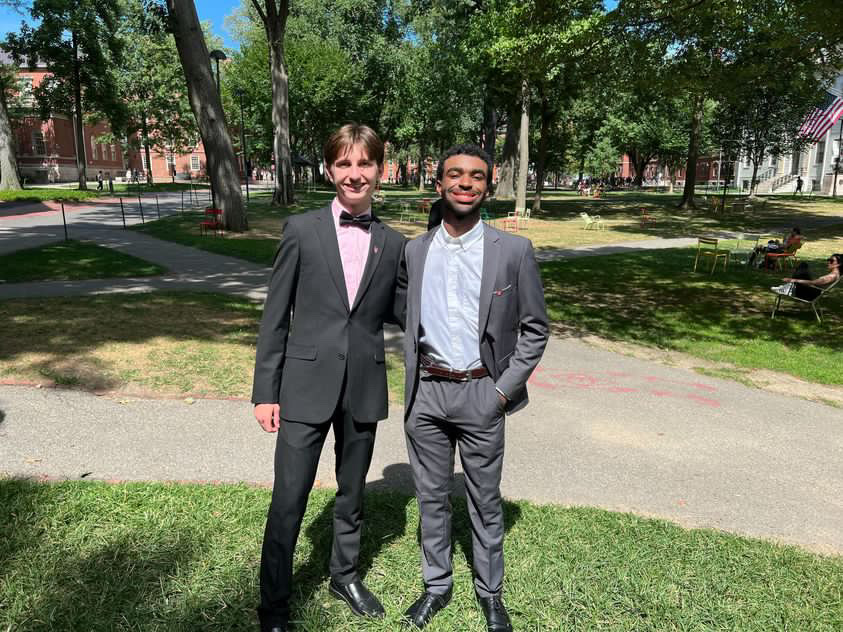
“I liked the Harvard students and the Harvard environment a lot more,” Noble said. “It felt like I would build a better community at Harvard.”
To most, community would be important. To Noble, it is central. Community, like water, takes a variety of forms but remains the same in its essence, whether it be community through school, neighborhoods, cities, politics, common interests or religious and spiritual organizations. What can be argued as the most foundational and important form of community is family, a bond that has remained unrivaled by the 1,844.50 miles between Houston and Harvard.
“Every day, I can expect a text from someone from my family. It’s very nice to know they are still thinking about me, even though I’m so far away, because being so distracted by college and being so distracted by doing extracurriculars, trying to go to a party, making sure you read, making sure you’re doing your laundry, and the basics of living alone makes it easy to forget what I have back home,” Noble said.
Jahrel’s family is there for him and always will be, providing a support system that helps him with things not strictly school related, such as the importance of building friendships, housing etiquette and how to begin making professional connections. Noble also received support from his high school. Although Harvard, living up to its Ivy League status as one of the most prestigious (and consequently rigorous) universities in the world, is more difficult than CVHS, Jahrel credits CVHS’s help in doing exactly what they claim to do—give you an environment to flourish and elevate yourself.
“In comparison to other public-school kids, I feel like Harvard’s environment is more familiar to me because of Carnegie. For example, when my friend and I were having conversations about society and capitalism. And someone was like, ‘Oh, my God, I would never have this conversation in my public school. We would only talk about dating drama or sports.’ I feel like, with my friends at Carnegie, I would have conversations like that, so that’s like the social environment,” Noble said.
CVHS acclimated Noble to the social dynamics of Harvard University. Despite this, being surrounded by the crème de la crème of the nation can make one feel something that contradicts their level of accomplishments and very acceptance to the university—a feeling of being undeserving.
“Everyone always talks about imposter syndrome, but it really is real. There were many moments, and it’s not even me falling behind in class: it’s hearing about things and hearing compliments of your peers, of how smart everyone is and how accomplished everyone is, especially at such a young age. Sometimes it can feel like, ‘Oh, how did I end up here.’”
Noble’s self-talk eases this obstacle that many students at CVHS themselves face. The idea that everyone around you is talented, intelligent and gifted can be daunting, but so are you. That’s why you are here.
“I would tell myself that… everyone else is here for a reason. Everyone,” Noble said.
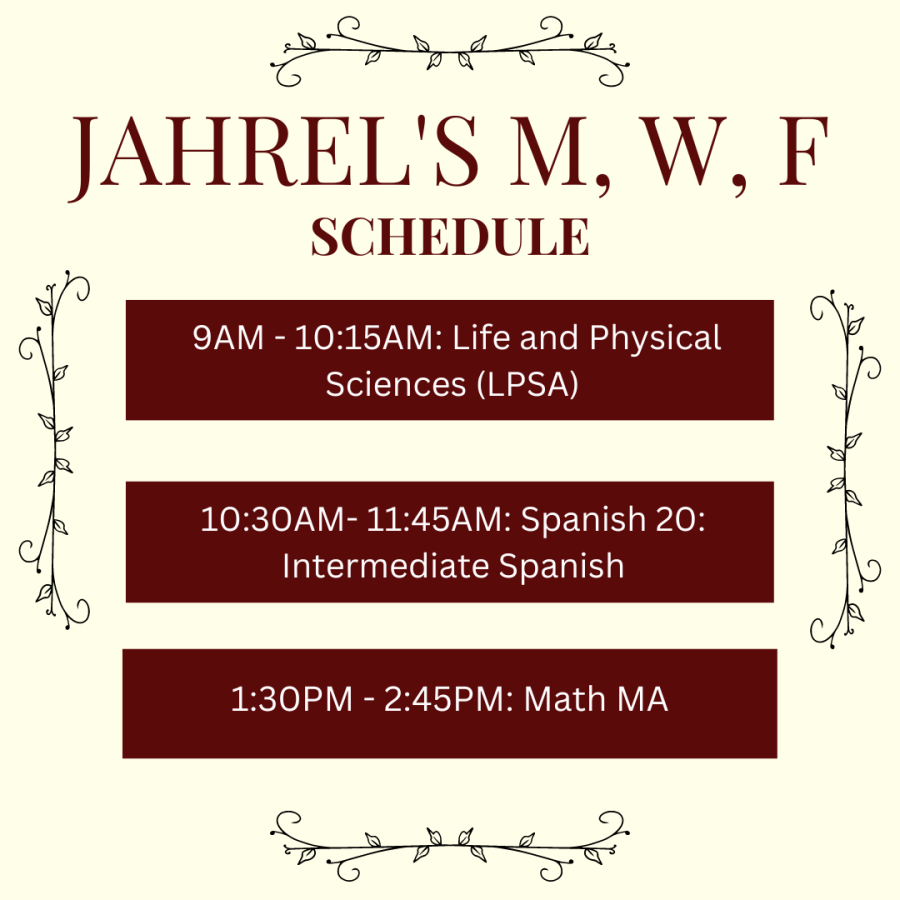
- Alumni
- carnegie
- Carnegie community
- class of 2022
- College
- college acceptance
- college applications
- Feature
- salutatorian
- Valedictorian
Your donation will support the student journalists of Carnegie Vanguard High School. Your contribution will allow us to cover our annual website hosting costs and fund field trips, competition fees, and equipment. We appreciate your support!
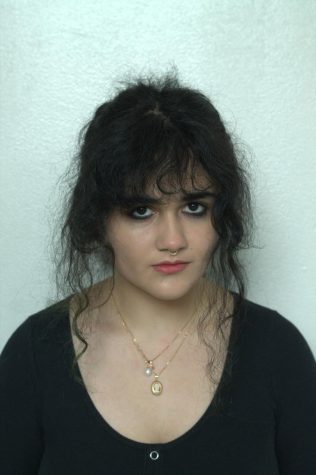
Current senior Nicki is a writer for the Upstream who also manages the site. She loves Micheal Cera and has never not cried while watching Mamma Mia! and...
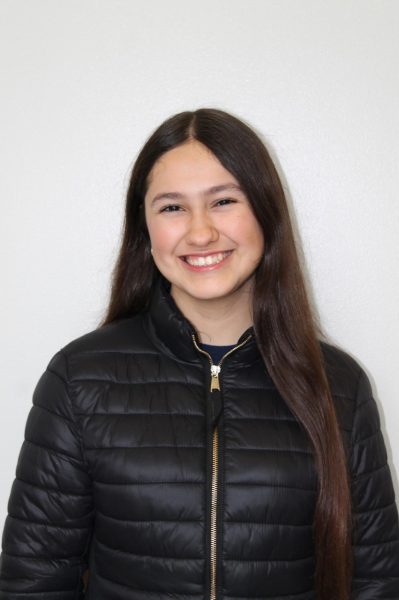
Sasha Cabral is a senior at CVHS. A musician and an artist, she imbues everything she does with creativity. She loves rock music, the colors red, black...



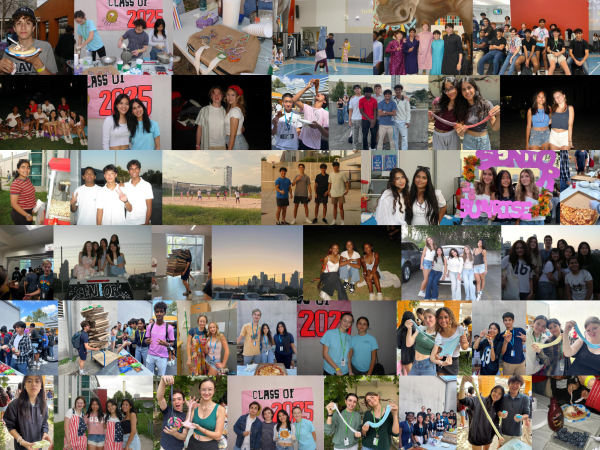
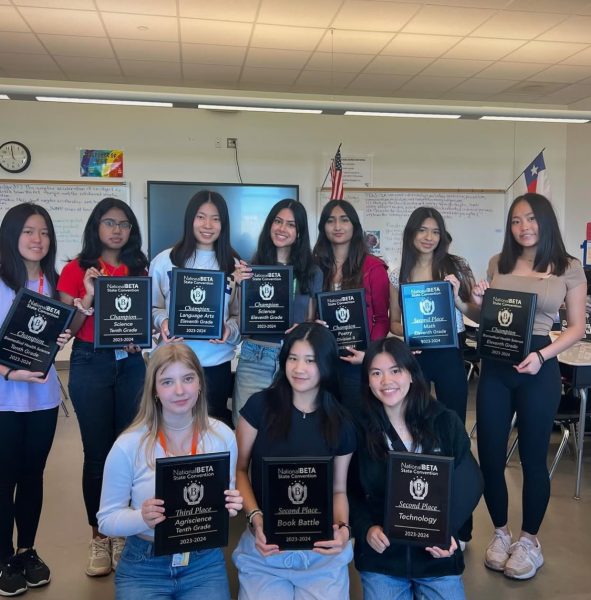
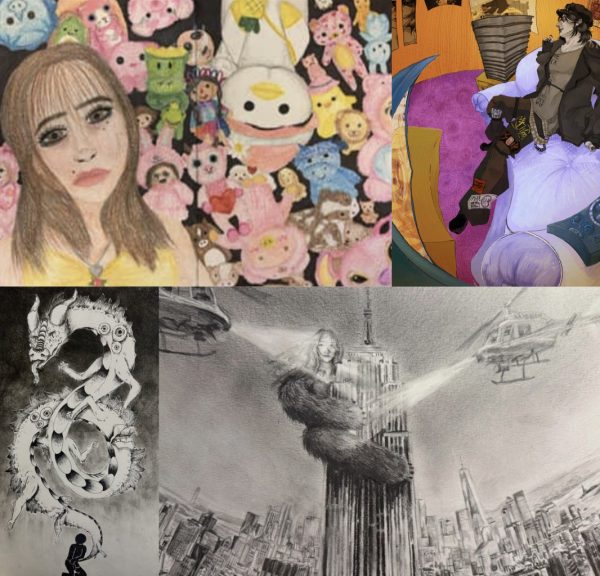
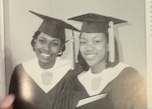
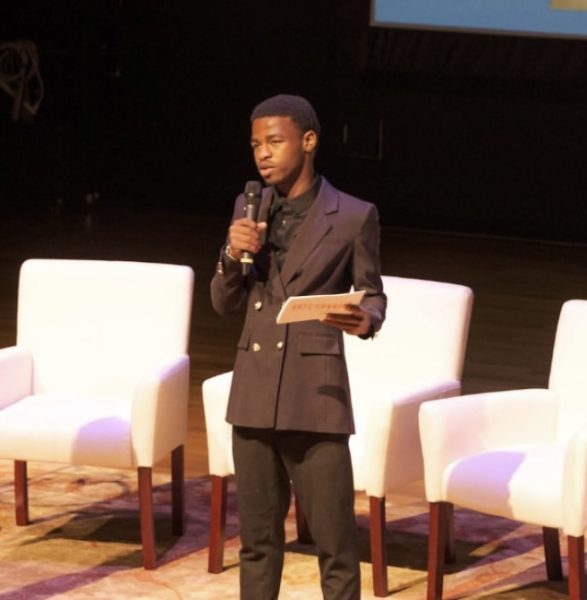
Sumedha Mohanty • Jan 27, 2023 at 4:31 pm
I love the side by side set up of the story!
Judith C • Jan 27, 2023 at 3:13 pm
this is such a great story. Like, it was very well covered. Their stories are such a good example of what CVHS prepares you to do.